(ECNS) -- Chinese researchers have discovered a new approach to large-scale wastewater treatment, paving the way for further advancing sustainable urban development.
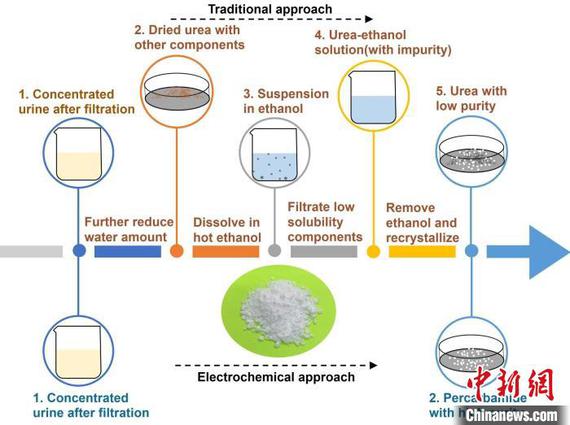
The new approach enables the extraction of a valuable substance from concentrated human urine after filtration, which can be used for crop fertilization and other purposes.
According to Shi Xinjian, chief researcher and a professor from Henan University, storing large amounts of urine and developing mechanisms to convert urea into useful compounds has long been a challenge in wastewater treatment.
Existing technologies face difficulties in balancing economic viability with environmental sustainability due to high energy consumption, low separation efficiency, and high environmental costs.
However, the new electrochemical method effectively preserves the integrity of urea molecules while rapidly converting them into pure percarbamide, which can be utilized for water treatment, and sterilization, etc.
By using cheap carbon materials as catalyst, this chemical reaction requires less complicated purification steps and is more cost-effective than other methods. It can also be applied to the urine of other mammals.
The treatment and purification of large volumes of wastewater in densely populated cities has remained a key issue in modern urban development.
Professor Shi added that the research lays the foundation for future studies on the efficiency and scalability of this "waste-to-resource" process. In the future, it may enable more sustainable urban wastewater management practices and innovative applications of the newly obtained substances.
The findings were published in the international journal Nature Catalysis, with the article featured as the cover story.








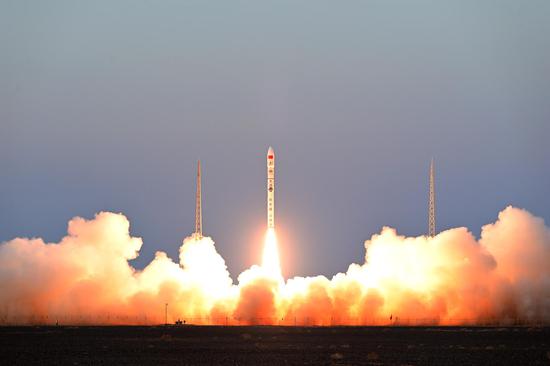









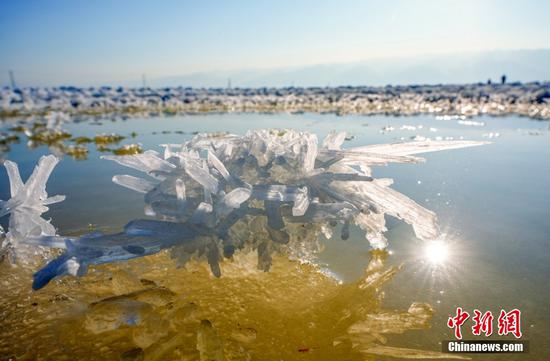
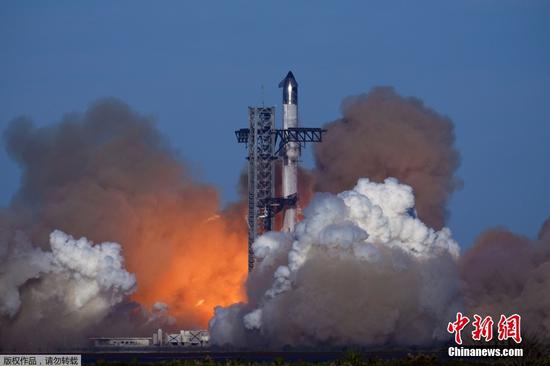



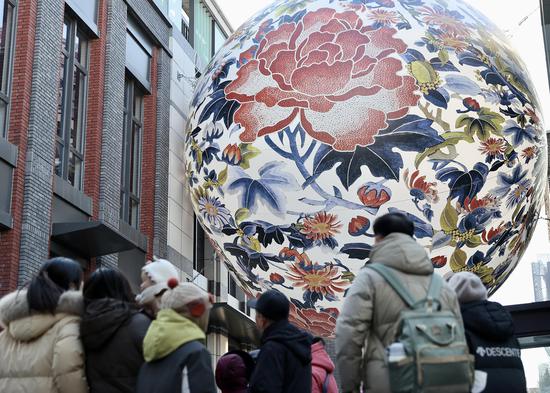


























 京公网安备 11010202009201号
京公网安备 11010202009201号